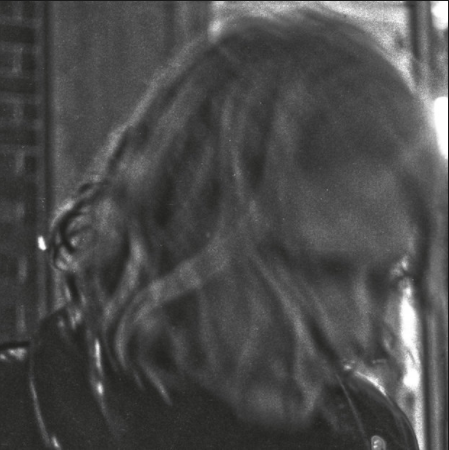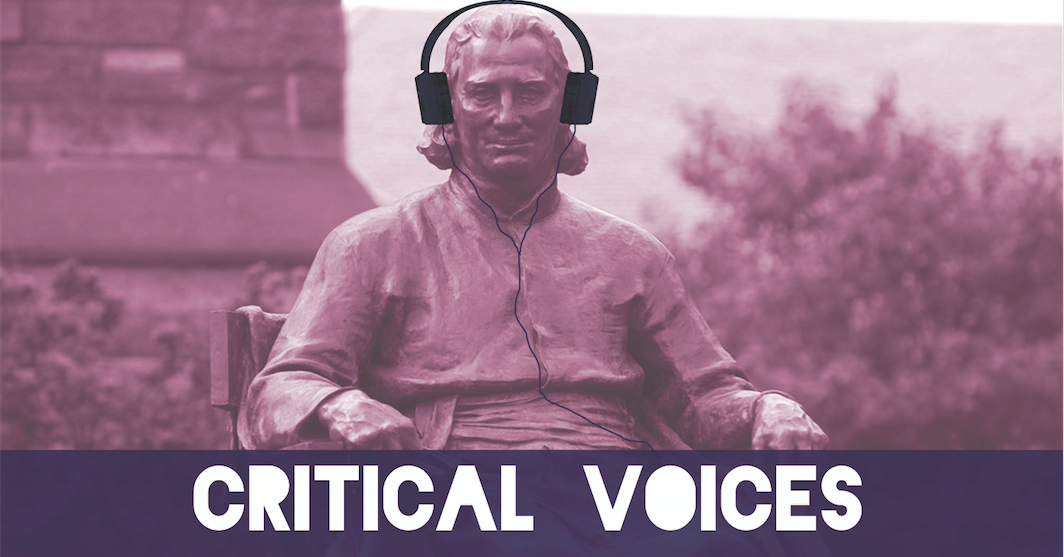Ty Segall has been one of the most prolific musicians in the rock scene for the last decade, but he isn’t the best at coming up with original album titles. Ty Segall is the eponymous Cali rocker’s second self-titled album, sharing the name with his 2008 debut release. This newest installation is more carefully produced and polished than its lo-fi predecessor, but it still acts as a fitting sequel, with nods to his roots and indications of his evolution and maturation. With his ninth studio album, Segall has taken his successful garage punk rock recipe and added dashes of nuance and sophistication. Whereas much of his past work barrels ahead at breakneck speeds, Ty Segall balances this fury with finely crafted respites that showcase Segall’s masterful songwriting ability.

Photo: Drag City
The ten tracks in the collection demonstrate just how versatile and well-listened Segall and his band are. In fact, listening to the album is a bit like taking a crash course in rock history. The high-octane opener, “Break A Guitar,” has shades of Hendrix in its distorted, whammy-ing layers of guitar. The song title conjures the very aesthetic of punk music, while the lyrics reveal a man disenchanted. “Take my guitar/I’ll be at the bar,” Segall snarls before ironically launching into a manic dual-guitar solo. The ambitious “Warm Hands (Freedom Returned)” begins with fuzzed out violence but then eases into a slowly simmering breakdown vamp with echoes of Santana and The Doors. Segall’s vocals are even more John Lennon-y than usual on “Thank you Mr. K,” a song that features a literal breakdown with live audio of what sounds like the band smashing a set of dishes right there in the studio, amid amps and guitars. This rebellious interlude is followed by an explosion of noise rock that sounds like something off of the White Album. The keys-heavy “Papers” takes some hints from David Bowie, dancing around a nervous, jangly chord progression as Segall sings harmonies in a nasally pseudo-English accent.
Here, in the last third of the album, Segall’s entrancing melodies are stripped bare and put on full display. Given room to breathe, they prove that his garage rock songs are equally effective in the form of folk rock interpretations. “Orange Color Queen” sways in an easy descending chord progression and features Segall’s adept falsetto, a reminder of the tenderness he possesses but rarely flaunts. The song is a touching tribute in which Segall struggles to convey the uniqueness of his lover, reaching for lines like “You’re a tree inside an airplane.” Their profundity might be debatable, but the enigmatic lyrics add to the sense of psychedelia that enshrouds the airy, floating ballad.
It’s impossible to ignore the influences at work here, but the sound Segall has crafted over the course of the past decade is very much his own. As such, Ty Segall is aptly named. The music on the album is a unique and careful negotiation of noise and space, of chaos and control, of retro and new. An original rock album has become something exciting and refreshing in our day, and with this effort Segall reminds us that the genre, relegated from the top charts and often considered to be exhausted in the modern era, is anything but dead.




